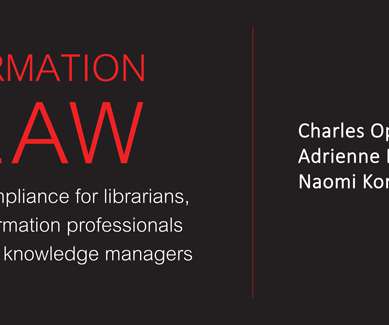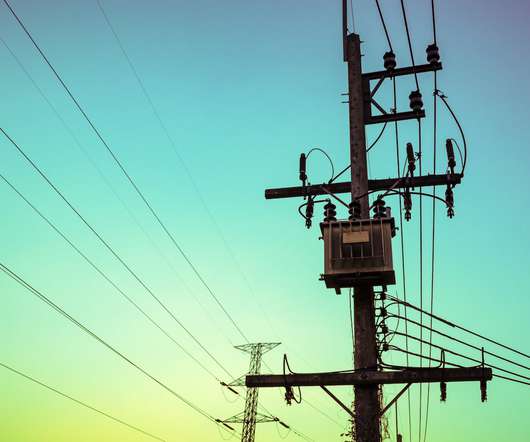Digital vs Electronic Records: Understanding the Distinction
Armstrong Archives
APRIL 29, 2022
The terms “digital” and “electronic” are often used interchangeably these days, including when it comes to talking about records management. Digital Vs. Electronic Records – FAQs and Differences To understand the differences between digital and electronic records, let’s define each of them and look at the uses of each.












Let's personalize your content